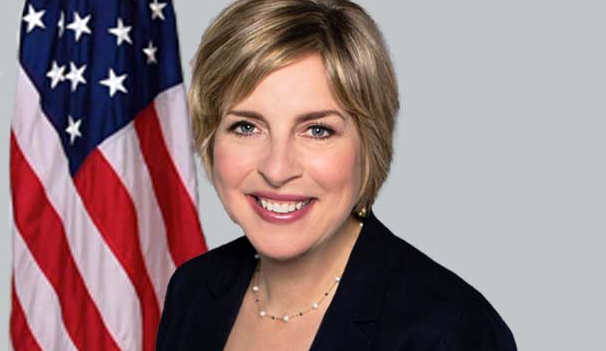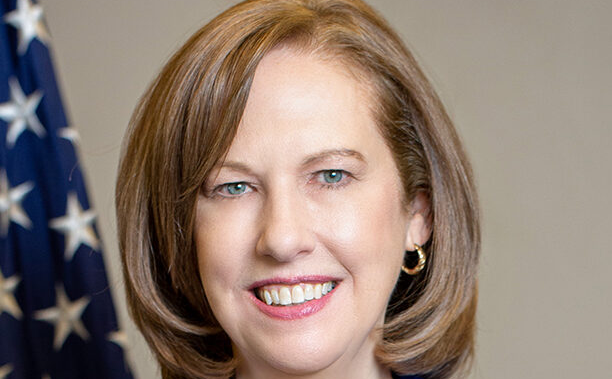Unveiling the Role and Impact of U.S. Ambassadors
In the complex arena of international relations, U.S. Ambassadors play a pivotal role as emissaries of diplomacy, representing the United States on the global stage.

The Appointment Process: Navigating Diplomatic Channels
The selection of U.S. Ambassadors involves a meticulous process, with individuals often chosen based on their diplomatic experience, expertise, and alignment with the administration’s foreign policy goals. Presidential nominations undergo Senate confirmation, ensuring a thorough vetting of the appointee’s qualifications.
Diplomatic Responsibilities: Bridging Nations and Fostering Relations
Once appointed, U.S. Ambassadors assume multifaceted responsibilities. They serve as conduits between the U.S. government and the host country, facilitating communication, negotiation, and collaboration on issues ranging from trade to security.
Cultural Ambassadors: Promoting Understanding and Collaboration
Beyond formal diplomatic functions, U.S. Ambassadors act as cultural ambassadors, fostering mutual understanding between nations. Their engagement with local communities and promotion of American culture contribute to building positive perceptions abroad.
Crisis Management: Navigating Challenges with Diplomacy
U.S. Ambassadors are often at the forefront during times of crisis. Whether dealing with political unrest, natural disasters, or international conflicts, their role is crucial in safeguarding American interests and fostering stability.
Economic Diplomacy: Facilitating Trade and Investment
A significant aspect of a U.S. Ambassador’s role is economic diplomacy. They work to strengthen economic ties between nations, promoting trade agreements, encouraging foreign investment, and facilitating partnerships that benefit both countries.
Technological Diplomacy: Addressing 21st Century Challenges
In today’s interconnected world, U.S. Ambassadors engage in technological diplomacy. They navigate issues related to cybersecurity, digital trade, and emerging technologies, ensuring that diplomatic efforts adapt to the evolving landscape.
Public Diplomacy: Shaping Global Perceptions of the U.S.
U.S. Ambassadors are instrumental in shaping global perceptions of the United States. Through public diplomacy initiatives, they engage with local media, institutions, and citizens to convey a nuanced understanding of American values and policies.
Transition of Power: Adapting to New Administrations
With each change in administration, they may undergo transitions. This adaptability ensures diplomatic continuity.
Challenges and Controversies: Navigating Diplomatic Waters
The role of a U.S. Ambassador is not without challenges. They may face controversies, strained relations, or policy disagreements. Skillful diplomacy and resilience are essential in addressing such hurdles.
Retirement and Legacy: Reflecting on Diplomatic Service
Upon retirement or the end of their term, they reflect on their diplomatic service.
Multilateral Diplomacy: Collaborating within International Organizations
Furthermore, they work within international organizations, promoting U.S. interests and contributing to global initiatives. Their involvement in the United Nations, NATO, and other forums reflects a commitment to multilateral cooperation.
Advocacy for Human Rights: U.S. Ambassadors as Champions of Justice
Many U.S. Ambassadors actively engage in advocating for human rights. They work to address issues such as freedom of speech, gender equality, and minority rights, embodying America’s commitment to democratic values.
Conclusion
In the intricate dance of global diplomacy, U.S. Ambassadors emerge as architects of understanding, and negotiating the complexities of international relations. Their roles extend beyond political negotiations, encompassing cultural exchange, crisis management, and economic collaboration. As emissaries of diplomacy, they play a vital part in shaping a world where nations collaborate for mutual benefit and understanding.

